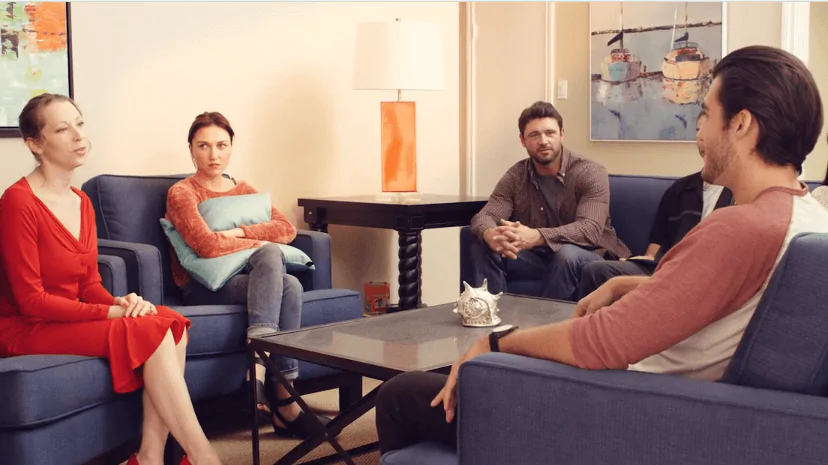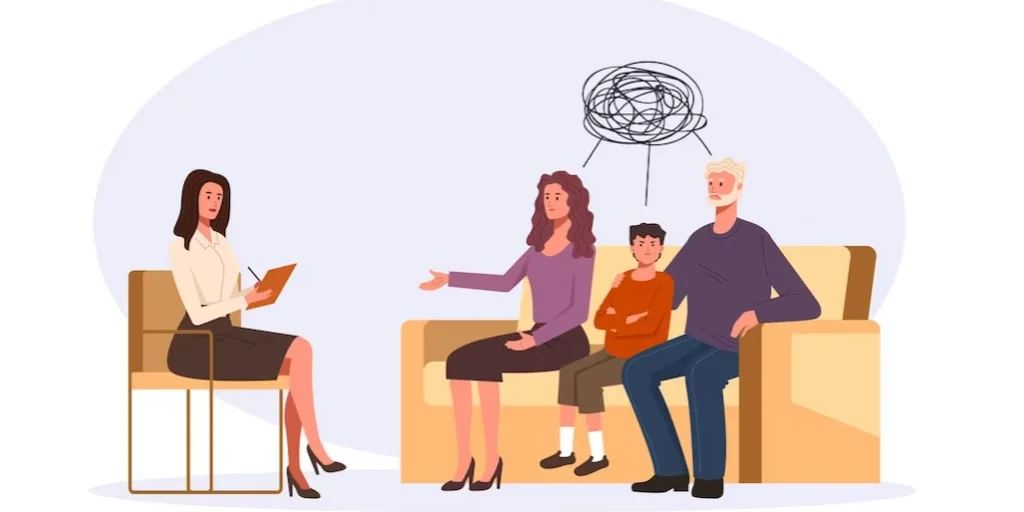24/7 Helpline:
(866) 899-221924/7 Helpline:
(866) 899-2219
Learn more about Inpatient Rehab centers in Crested Butte
Inpatient Rehab in Other Cities

Other Insurance Options

Lucent

EmblemHealth

Carleon

WellCare Health Plans

WellPoint

Regence

GEHA

Coventry Health Care

BHS | Behavioral Health Systems

Premera

Molina Healthcare

Holman Group

PHCS Network

UMR

American Behavioral

Health Choice

United Health Care

Ambetter

Ceridian

ComPsych



The Center for Mental Health
The Center for Mental Health is a non-profit organization and is governed by a board of directors re...

Teocalli Treatment Options
Teocalli Treatment Options offers outpatient treatmnet for individuals with alcohol and/or substance...






















The Center for Mental Health – Crystal Hall
The Center for Mental Health is a non-profit organization and is governed by a board of directors re...








































